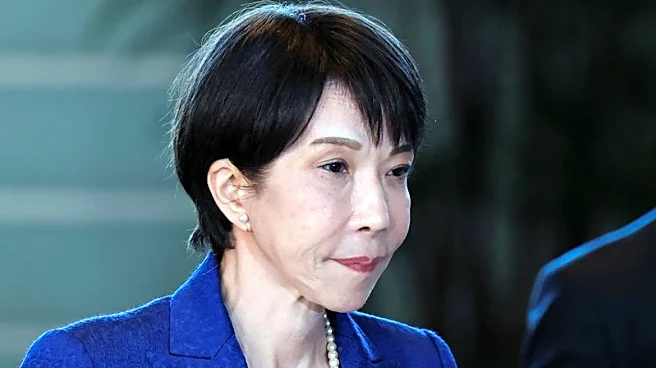Rapid Read • 7 min read
The Western Australian Museum's partnership with Woodside has come under scrutiny as a marine heatwave devastates coral reefs. The collaboration, which supports biodiversity research, has been extended for five years. Critics, including the WA Greens and conservation groups, argue that the partnership is inappropriate given Woodside's role in fossil fuel production, which contributes to climate change. The heatwave, described as the most severe coral bleaching event in Western Australia, has affected a 1,500km stretch of ocean. The museum defends the partnership, citing the need for diverse funding sources to support research.
AD
The controversy highlights the ethical and environmental challenges of corporate sponsorships in scientific research. As climate change intensifies, the role of fossil fuel companies in funding environmental initiatives is increasingly questioned. This situation underscores the need for transparent and responsible partnerships that align with environmental goals. The impact of the marine heatwave on coral reefs also emphasizes the urgent need for effective climate action to protect vulnerable ecosystems. The debate raises broader questions about the influence of corporate interests on scientific research and the importance of maintaining scientific integrity.
The ongoing debate may prompt a reevaluation of funding sources for scientific research, particularly in fields related to environmental conservation. Stakeholders, including government bodies and conservation organizations, may push for increased public funding to reduce reliance on corporate sponsorships. The museum's response to the criticism could influence future partnerships and funding strategies. Additionally, the impact of the marine heatwave will likely lead to further research on coral resilience and adaptation, informing conservation efforts to mitigate the effects of climate change on marine ecosystems.
AD
More Stories You Might Enjoy













